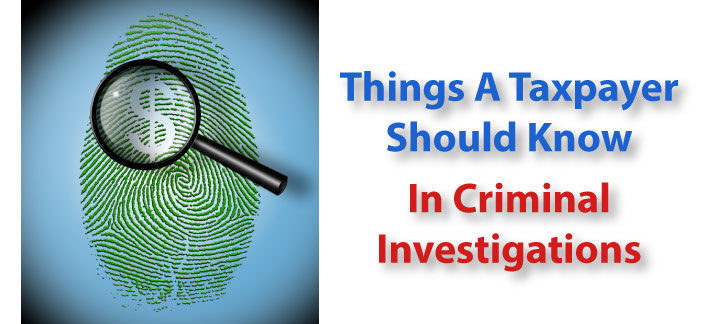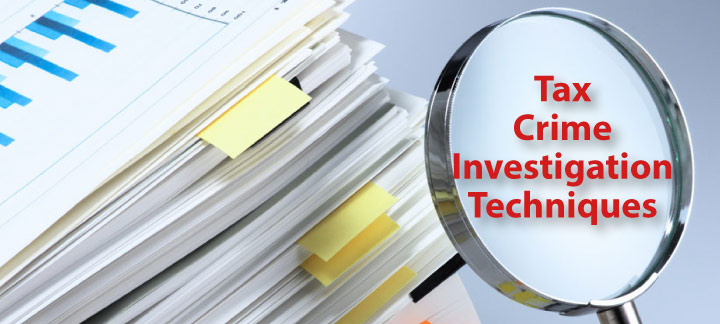At Risk For Willfull & Material False Statement Tax Crime?
In a previous article titled Can You be Prosecuted for Perjury or False Statements in Your Tax Returns?, we described some of the elements of the False Statements tax crime. Here, we will go into greater detail about the two remaining elements of the offense, material matter and willfulness.










Comments (0)